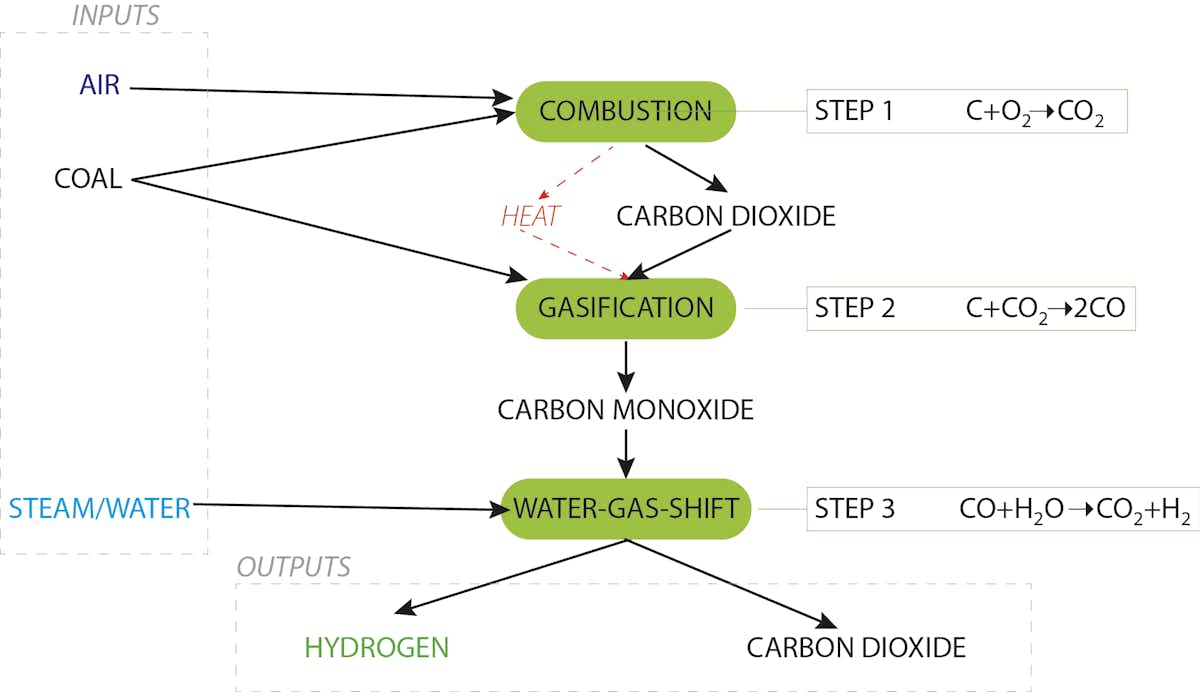This discussion about Japan seems to be a red herring, to distract from H2's failure in the marketplace — and to drive engagement with misinformation.
It's tempting to think that certain users are paid to make that happen. Amateurs usually aren't quite so enthusiastically and creatively obtuse.
Getting back to the facts: BEV is burying HFCEV in the passenger vehicle market. BEV is affordable, efficient, and green — right now, whereas HFCEV is pie in the sky. Plus BEV will benefit as the grid continues to get cleaner and battery technologies continue to improve. On past form that means BEV will stay well ahead of HFCEV.
I understand that you don't have time paying attention here because of being busy with the funny button, but it is relevant. Japanese government might be the motivator of all the Toyota, Honda, Nissan FCEVs. And if they succeed and prices come down, other countries might copy them.




